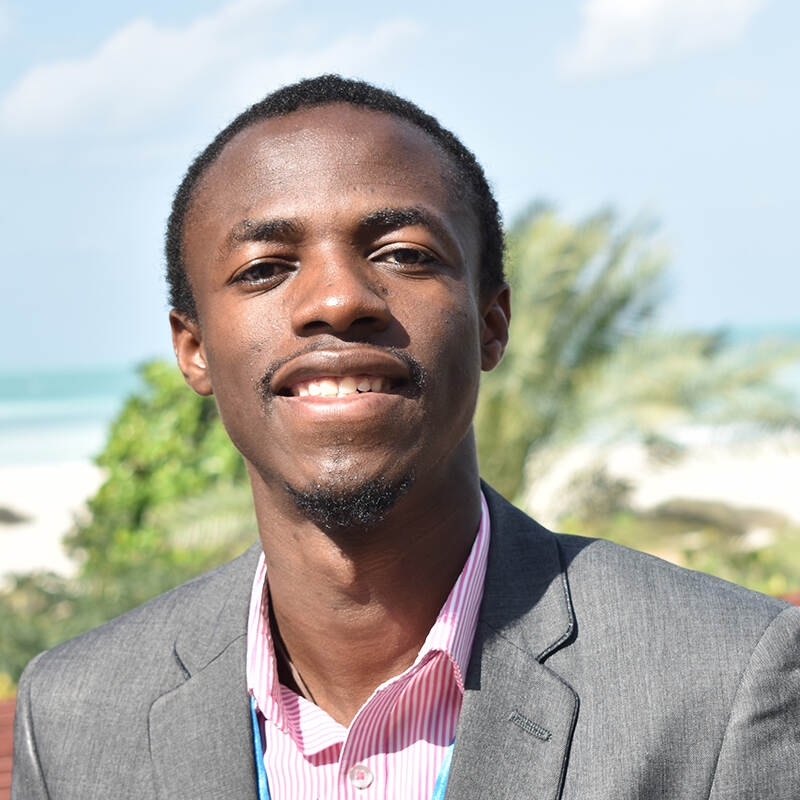The Lagos State Government has entered into three strategic Memoranda of Understanding (MoUs) with private investors to promote large-scale recycling of plastic waste and end-of-life tyres, in a major step toward advancing its waste-to-wealth and circular economy vision.
The agreements, unveiled during the 11th Lagos International Climate Change Summit, signal a shift from the state’s traditional linear waste management approach to a circular model that prioritises resource recovery and environmental sustainability.
According to a statement by the Director of Public Affairs, Kunle Adeshina, the MoUs demonstrate the state’s “irrevocable commitment to advanced waste conversion and sustainable environmental governance.”
Commissioner for the Environment and Water Resources, Tokunbo Wahab, said the move aligns with Governor Babajide Sanwo-Olu’s goal of transforming Lagos into a clean, green, and economically viable megacity.
“We are moving away from the old ‘pick and dump’ model to a more sustainable system where waste becomes wealth,” Wahab said. “These MoUs represent a new vista in our quest to reduce the quantum of waste in Lagos and convert it into economic opportunities.”
Under the agreements, three innovative projects will be implemented across the state. The first, signed with HAK Waste Ltd., focuses on creating a circular beverage container recycling system anchored on the Extended Producer Responsibility Model (EPRM). The initiative introduces a deposit refund scheme that encourages manufacturers and consumers to return used containers for recycling.
The second agreement, with Haggai Logistics Ltd., will establish Lagos’s first fully automated tyre recycling facility. The plant will deploy environmentally safe technologies to process end-of-life tyres, turning them into reusable materials and reducing environmental pollution caused by rubber waste.
The third MoU, with Mondo 4 Africa, will convert non-recyclable plastic waste into sustainable fuel and other valuable by-products through advanced eco-friendly technologies.
Wahab underscored that the success of the projects depends heavily on public participation and a collective shift in mindset.
“We want Lagosians to begin to see waste not as a nuisance but as a resource,” he said. “This cultural shift is key to achieving our sustainability goals.”
He also revealed that the government is developing innovative financing mechanisms to sustain the waste conversion projects, especially as Lagos faces increasing environmental pressures as a coastal city.
The Managing Director of the Lagos Waste Management Authority (LAWMA), Dr. Muyiwa Gbadegesin, reaffirmed the need for private sector collaboration, saying, “The government and LAWMA alone cannot manage the daily waste generated in Lagos. We need strong partnerships to turn waste into wealth.”
Representatives of the partner companies commended the state government for its leadership in driving climate-conscious and economically viable policies.
The signing ceremony was attended by key officials, including the Special Adviser on Environment, Rotimi Akodu; Permanent Secretary, Environmental Services, Dr. Omobolaji Gaji; and Permanent Secretary, Drainage Services, Mahamood Adegbite.
The MoUs mark a new phase in Lagos’s environmental management strategy, reinforcing its ambition to become a model city for sustainable development and green innovation in Africa.









